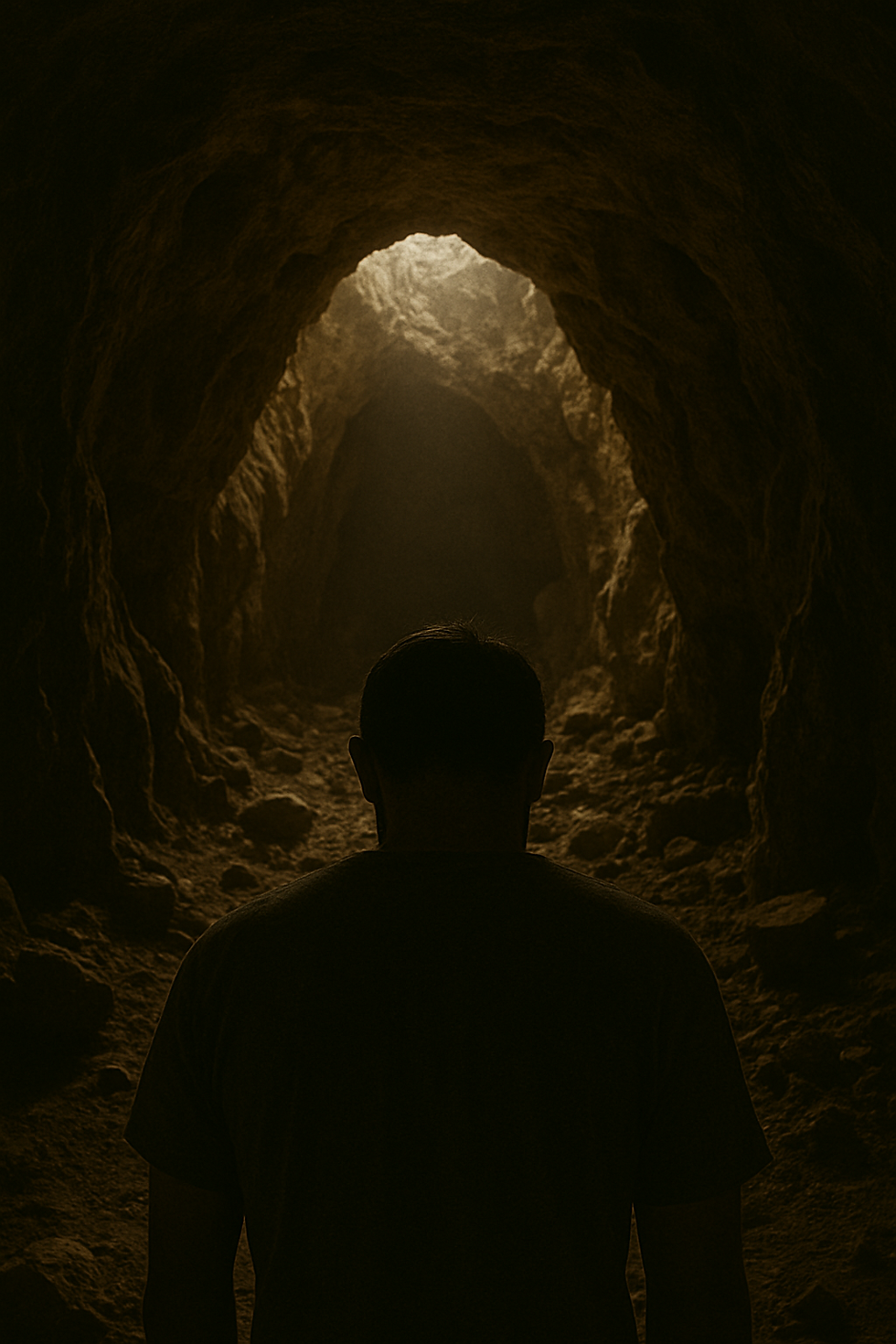3 Strategies from Bodybuilding for Coaches
- Jack Fleming
- Aug 18, 2020
- 4 min read
I have been a gym junkie, meat head, grunting, protein eating for a fair while now. After 10 years of training, from a complete beginner to a reasonably intermediate lifter.
The gym has become a safe haven or me. Free of distractions and especially since not playing, the gym has become a battleground for exploring new ways of being uncomfortable.
I have never competed in any bodybuilding, powerlifting or physique events - but I have gone through some transformational experiences. Here's after a 30 day metabolic reboot, extreme fat loss training bout.

Anyway, aside from going overboard on bullshit like cardio, spending lots of time in the gym, calculating macronutrients and being an egotistical bicep curler - I learned and am learning a lot that can transfer to coaching. Here are my 3 strategies from bodybuilding to coaching.
1. What Gets Measured, Gets Managed
During my journeys from gaining muscle to losing fat, the things that got tracked was how change got embedded. Tracking sleep (picture below), weighing myself every morning and taking the weekly average, calculating amounts of protein, fat and carbohydrate helped me stay on the path.
While eventually you want to go for balance or intuitive feel, in the initial stages to raise your own awareness I have found it difficult to do this without relentlessly getting some objective data.

Questions for Coach
Where do you want to make changes in your coaching, team or individuals?
What would be important for tracking and monitoring to keep everybody on the path?
Maybe you want to track your individual conversations with players.
Maybe you want to track the ratio between coach explanation and player experience.
Do you really know how accurate you are?
All I know is in the initial stages of change, when you leave things up to chance they probably get forgotten.
2. Transformation Never Occurs in Isolation
Even in 'individual sports' there is always a diligent team working hard behind the scenes. While I thought I might've been working solo - it was Mum helping me adjust dinner so I was getting the right nutrients in, or my partner going to bed earlier so I could get an extra half an hour of sleep and still train in the morning. There's no such thing as an individual sport.
Questions for Coach
Who are the main influencers in your athletes lives?
Who is on their team that you can influence?
How can I connect with their parent to help them get to practice on time?
How can I connect with their skills trainer to help them improve their shot technique?
How can I connect with their National coach to help them make the final team?
Helping to deliver a consistent message, maybe you are missing out on utilising untapped resources.
3. The Client is the Expert on Themselves
Even though the program said I needed bench press, I know that I get some elbow pain and dumbbells would suit me better and allow greater output. Even though it said I need 45g of carbs with every meal, I knew I would be asleep by 3pm if I had eaten that many carbs by the afternoon. I had to adjust to what fit me, what I thought worked for my unique self.

The Rock enjoys his blueberry pancake cheats with maple syrup, this would make me spew.
You might be the expert on the game - but the athlete is the expert on what works best for them.
As coaches, sometimes we bring our own expectations to the table for others, then we hoist it onto other people.
Kinda messed up right?
Questions for Coach
Have you asked players why they show up?
Are they trying to be in the NBA?
Are they there to hang out with their mates?
Sometimes we assume incorrectly.
Have you asked what does their footwork feel like when they come straight off the pin down?What works for you?
While I thought it was always inside foot stride stop, one of my shooters told me he preferred the hop to get his hips around.
If we agree to commit to improving your shot technique, how confident on a scale of 1-10 are you that you can actually adhere to this program and do it consistently for 6 months?
Final Bonus Strategy
This might be a cliche, but what you look like on the outside can have nothing or the complete opposite effect on what's happening inside of you.
The biggest guy in the gym can be the most insecure person in the world.
The coach who has won the most games can be the one constantly seeking the most external validation.
The best player with the shiniest armour can be hollow and full of suffering inside.
So I've tried to not forget to marry the external goal with the internal process.
Misalignment can kind of fuck you up.
To aim for some detachment from things outside of yourself, ultimately being grateful and smiling in the face of bullshit.
The true journey is in each step, even if it's a stinky step of a 6 week lockdown.






Comments